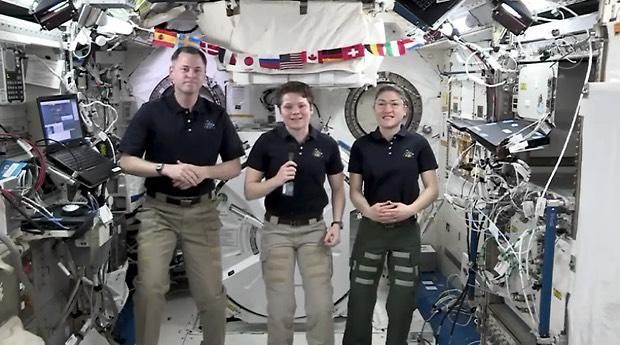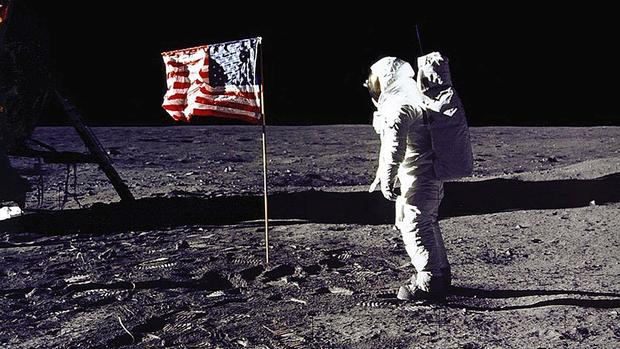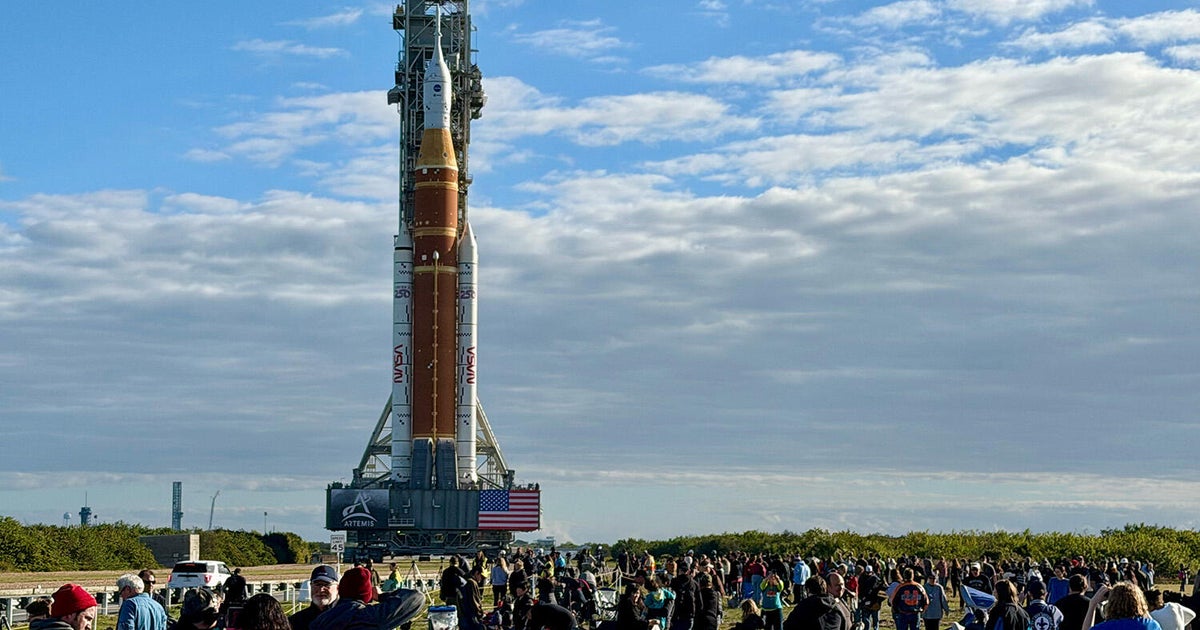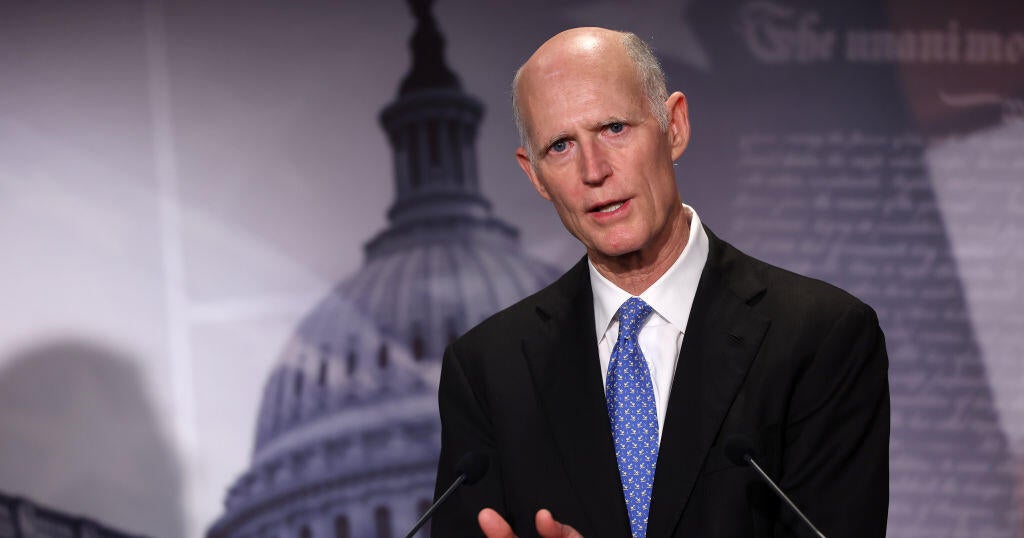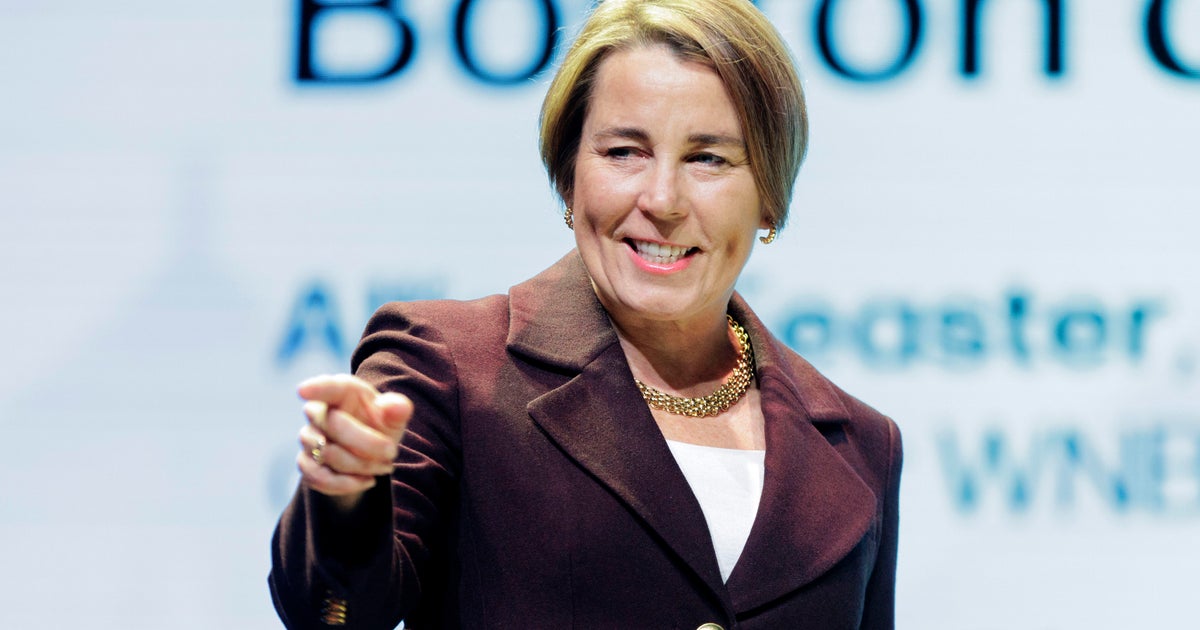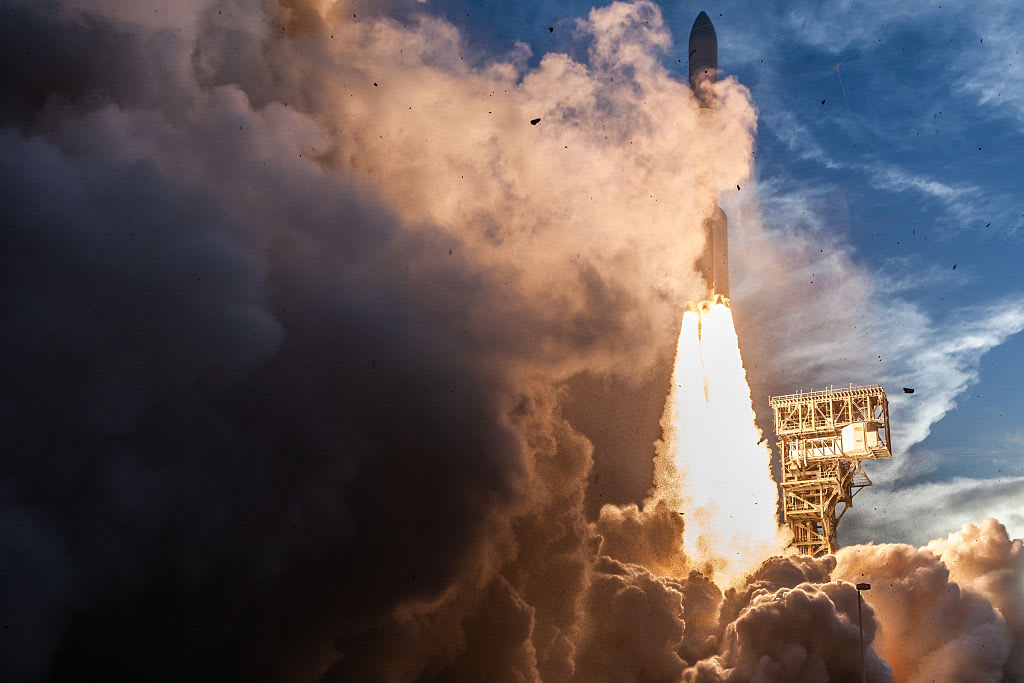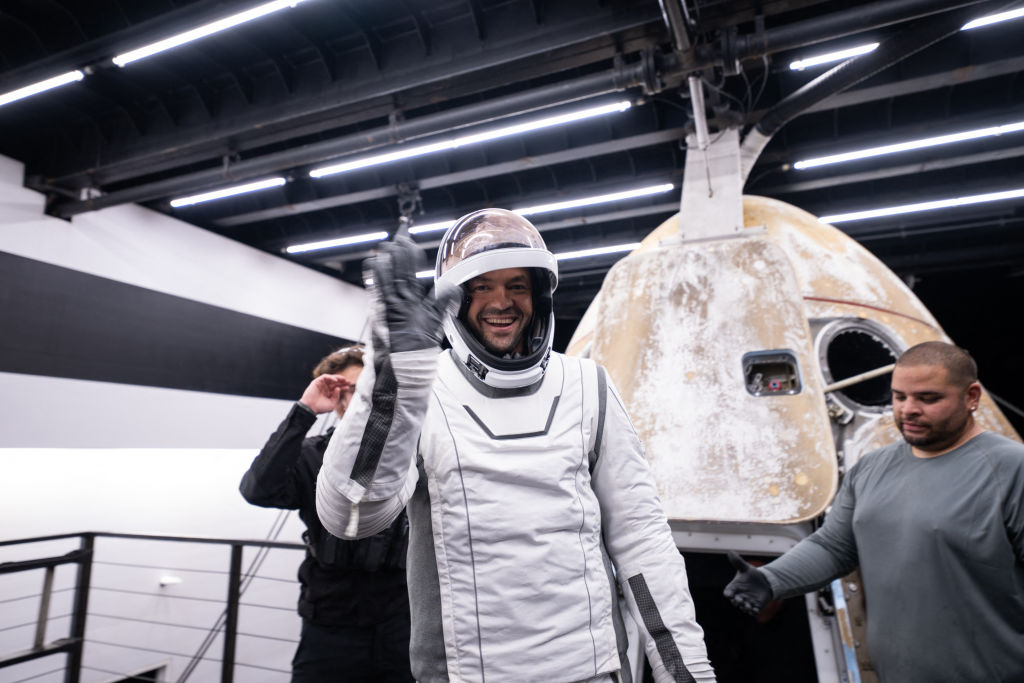Astronauts say NASA is up to the challenge of returning to moon
The three U.S. astronauts aboard the International Space Station said Monday they're ready to sign up for a trip to the moon if NASA can meet the Trump administration's newly stated goal of returning Americans to the lunar surface within the next five years.
Meeting with NASA managers and aerospace officials at the agency's Marshall Space Flight Center last Tuesday, Vice President Mike Pence, chairman of the revitalized National Space Council, said failure is not an option.
"At the direction of the president of the United States, it is the stated policy of this administration and the United States of America to return American astronauts to the moon within the next five years," Pence said. "The first woman and the next man on the moon will both be American astronauts, launched by American rockets from American soil."
The three NASA astronauts currently aboard the International Space Station — Nick Hague, Christina Koch and Anne McClain —were born well after Apollo 11 astronauts Neil Armstrong and Buzz Aldrin first set foot on the moon 50 years ago this July. But they will be in the prime of their careers when NASA selects the next round of astronauts bound for the moon.
Assuming, that is, that the agency can meet the Trump administration's ambitious schedule.
"That was a really exciting announcement for our country and for the space program as a whole," McClain told CBS News in an interview from orbit Monday.
"We are all super excited about it," she said. "I think everyone's got an appreciation for how much work will go into that. It's the start of a long journey. ... Certainly all of us will play whatever role we're asked to play in it. It will be great to see boots on ground again on the moon."
Whether NASA's can pull off such a feat in just five years without a major budget increase appears doubtful. But Hague said simply setting such an ambitious goal was good for NASA and the nation.
"I think it's an exciting time to be involved in space," he said. "I think it's inspiring, and it should hopefully get more people involved in space, get more people interested in seeing the benefits that we're making on a daily basis here on the space station and also the benefits that will come from trying to reach that goal.
"In terms of inspiring everybody, I think that it's a great goal to set."
Asked if the five-year goal might put NASA under enormous schedule pressure, the sort of pressure that might lead the agency to cut corners at the expense of flight safety, Hague said he was confident the agency will execute the program safely.
"Space is a very dynamic and challenging environment, and we're constantly meeting those challenges and finding ways to overcome those challenges and still get the job done," he said. "So setting those goals, and finding ways to achieve them, that's just what we do on a daily basis at NASA."
The Trump administration already had established a return to the moon as the focus of NASA's deep space exploration program in Space Policy Directive No. 1, signed by the president in December 2017.
The agency already was developing plans to launch a mini space station known as Gateway into an orbit near the moon by the mid 2020s with the long-range goal of landing astronauts by 2028.
But even that poses a major challenge given NASA's current budget and on-going problems developing the National Launch System, or SLS, a mega rocket needed to boost Orion crew capsules, habitation modules and, eventually, lunar landers to the moon.
NASA Administrator Jim Bridenstine recently sent shock waves through the space community when he said NASA would consider launching an initial Orion test flight around the moon using a commercially developed rocket if the SLS can't meet its schedule.
During his remarks last week, Pence doubled down, saying the SLS program was plagued by bureaucratic inertia and "the paralysis of analysis."
"After years of cost overruns and slipped deadlines, we're actually being told that the earliest we can get back to the moon is 2028," he said. "Now that would be 18 years after the SLS program was started, and 11 years after the president directed NASA to return American astronauts to the moon. Ladies and gentlemen, that's just not good enough. We're better than that."
While NASA believes the SLS is essential to its moon plans, Pence said "we're not committed to any one contractor. If our current contracts can't meet this objective, then we'll find ones that will. If American industry can provide critical commercial services without government development, then we'll buy them.
"And if commercial rockets are the only way to get American astronauts to the moon in the next five years, then commercial rockets it will be. Urgency must be our watch word. Failure to achieve our goal to return an American astronaut to the moon in the next five years, is not an option."
In a letter to agency employees last week, Bridenstine said a two-week study convinced him the SLS is vital for getting astronauts and equipment to the moon. But he embraced the vice president's challenge and assured him the agency is up to the task of getting the first SLS/Orion test off the ground next year as originally planned.
"We are now looking at creative approaches to advance SLS manufacturing and testing to ensure Exploration Mission-1 launches in 2020," he said. "We will work to ensure we have a safe and reliable launch system that keeps its promise to the American people."
McClain, for one, believes NASA is up to the task of returning astronauts to the moon in the near future.
"NASA has a way, every single day, of making the extraordinary look ordinary," she said. "And I have no doubt the teams on the ground can pull off this goal. We do best when we are given lofty, bold goals and (we're) able to work together to achieve them. So yes, I believe we can."
